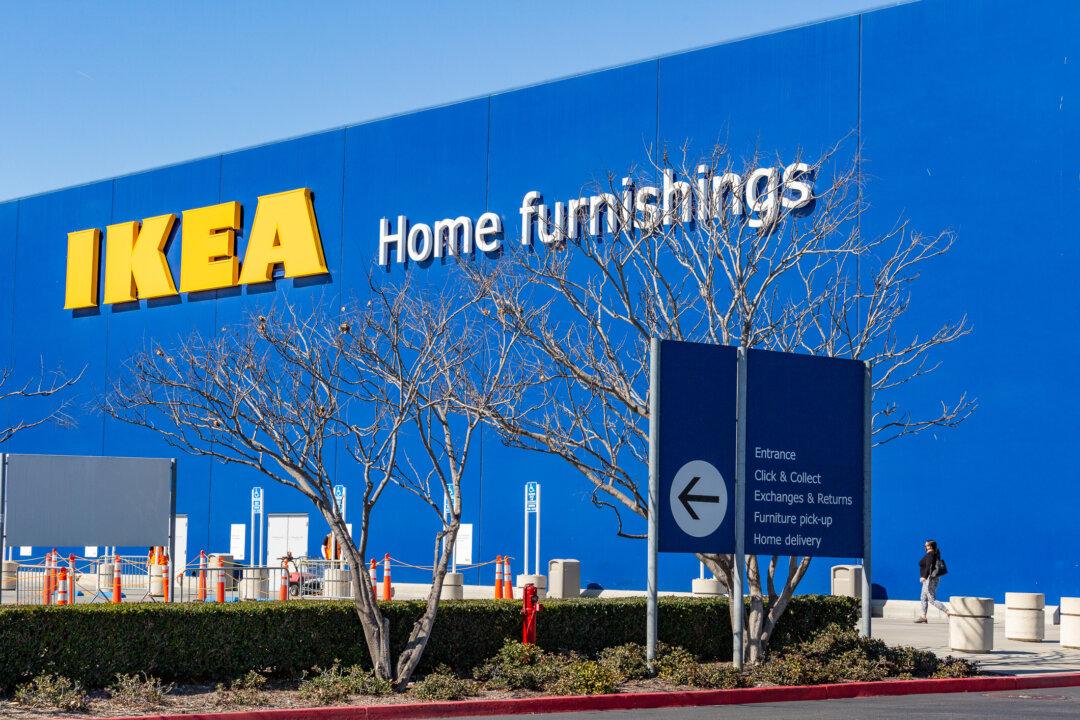A union has applauded Ikea Australia for removing kitchen benchtops made from engineered stone from its shelves due to concerns that workers could contract silicosis.
Following the footsteps of hardware chain Bunnings, the Swedish furniture giant released a statement on Nov. 14 saying it would start to phase out engineered stone products from its local range in Australia.




